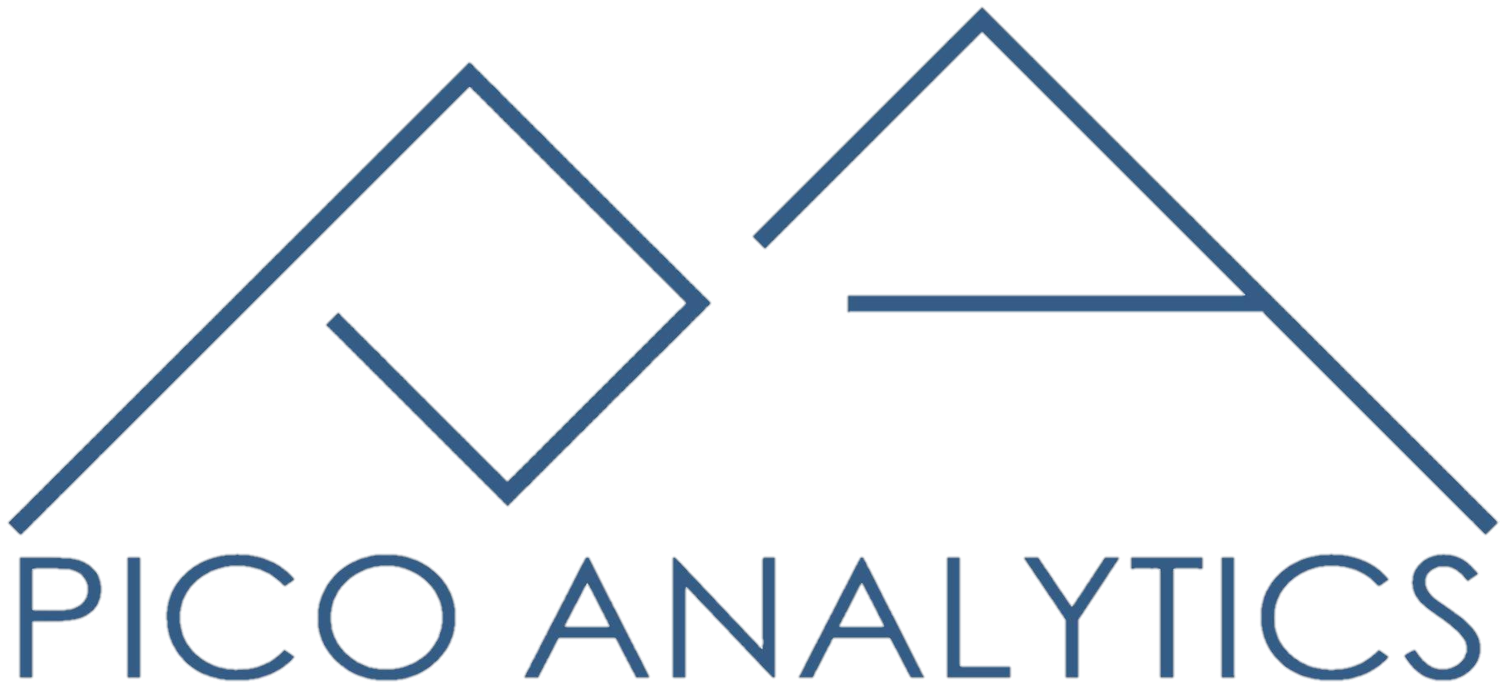INSIGHTS FROM PICO ANALYTICS
Sustainable Finance News and Insights to help you navigate the current financial climate.
Environmental Inequality
Over the past few years racial inequality has found itself once again in the headlines. Former students of residential schools run by the Catholic church across Canada have been speaking out on the decades long abuse experienced by indigenous pupils. The shocking murder of George Floyd electrified the world to action for Black Lives Matter. The hate crimes against people of Asian heritage rocketed with the outbreak of Covid-19. The conflict in Syria brought thousands of migrants to the gates of Europe and the US leading to far right backlash and scenes of racial hatred not seen since Enoch Powell’s infamous “rivers of blood” speech. The once bright image of a cosmopolitan, globalised and egalitarian society almost appeared to be disintegrating as inequality, the Covid-19 pandemic, a shaky economy and government parties dividing faster than bacteria began to jeopardise the harmony that communities across the globe have been striving to achieve. Yet, race-based inequality continues to reach its bony fingers into the structural inequalities we see and hear about in education, employment and general standard of living. Hidden away in plain view are the environmental inequalities that numerous minority ethnic and Indigenous communities are now experiencing as climate change lands on their doorstep and large polluting companies set up shop in their back yard.
Pico Analytics Fortnightly Newsletter: Eight Billion People and Counting Edition
As the global population tops eight billion we are facing challenges few of us would have envisioned even ten years ago. Food and water insecurity are already prevalent in "hunger hotspots" across the globe with famine threatening people from the Horn of Africa to Afghanistan. The impacts of war and violence are bleeding across national borders and migration is on the rise. The cost-of-living crisis is forcing families to choose between heating or eating and in some cases not being able to do either, instead being forced to rely on the charitable donations of others. Accessing basic resources is rapidly becoming a battle ground as affordability slips through the fingers of the general public, whilst political infighting leaves national economies in tatters. Meanwhile, climate change lingers over us exacerbating every crisis yet further leading to increased gender-based violence, displacement and malnutrition amongst children and adults alike. Yet, we continue our current path, patting ourselves on the back for making compromises at Cop27, or remembering to take the recycling out and all the while either forgetting about or failing to appreciate the bigger picture.
The Environmental, Social and Governance Impacts of Cobalt and Mineral Mining in the Democratic Republic of the Congo and Beyond
For centuries cobalt ore was not usually mined for the cobalt content, rather, it was often recovered as a by-product of mining for various other ores such as silver, iron, nickel, copper, zinc, manganese and arsenic. Due to the complex processing required to concentrate and extract the cobalt from these oars this metal has been considered precious throughout history, from being used for jewellery in ancient Persia, to porcelain in Ming dynasty China, humanity has long admired this malleable and at times beautiful substance. However, during the 20th and 21st centuries its uses have expanded to areas such as cancer therapy, radioactive tracers, magnetic alloys and battery materials for electric cars (Gregersen, 2022) making it one of the most in demand metals around the world. Unfortunately, as is so often the case when certain resources come to be considered as valuable, exploitation and destruction is never far behind…





